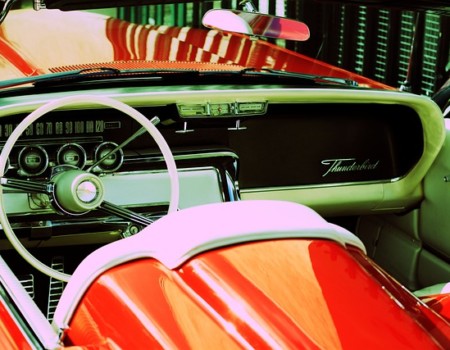From the industry’s perspective, one of the well-known car manufacturers decided to radically change its business model for vehicle distribution and, in selected markets, move from a sales process typical for the industry – using a dealer network – to direct sales based on the use of online channels. The dealer network has also been transformed. Currently, its main task is after-sales care, and in the vehicle sales chain itself, the role of the dealer is limited to the point of vehicle collection by the customer. Our project of implementing e-commerce solutions and their integration with the SAP system turned out to be one of the most interesting and, at the same time, pioneering.
In the aforementioned case, the distributor was already operating on a sales module based on SAP VMS (Vehicle Management System), but the vehicles were distributed through a dealer network. Our role was to integrate and adapt all processes to the new sales approach. Currently, from the end-customer’s side, the entire process is carried out using an e-commerce solution, which consists of a vehicle configurator and a sales module integrated with the CRM. Of course, all processes are still managed by the SAP VMS system, which is indispensable in this case.

Contrary to appearances, it was not the pandemic, but the market that forced such rapid changes. The decision to transform the client’ business, despite its well-established position in the market, was dictated by growing competition and the emergence of new players who began to take advantage of existing dealerships offering vehicles of many brands. This is a trend we can see everywhere.
The role of car dealers is constantly changing and will be largely determined by the development and adaptation of new technologies. Today, electric cars have far fewer moving mechanical parts, which are subject to faster wear and can cause serious, difficult repairs. When an internal combustion engine is replaced by an electric motor, everything becomes simpler. Some companies do without a network of their own service workshops. Mobile service technicians visit the customer and are able to perform most major repairs on-site.
The key here is the process of data exchange between the vehicle user, the manufacturer, and the dealer. Currently, it is typically supported not only by various types of applications, mainly in the form of portals or mobile apps, but also IoT solutions such as connected cars. These solutions, which are a point of contact for users and business recipients, are integrated with central systems provided, for example, by SAP, which collect, process, and control all the data in the chain between customers, manufacturers, and service partners.
It should be remembered that the existing models of cooperation between the dealer and the manufacturer have been shaped for decades – constantly evolving. However, new players (newcomers) in the market need to implement this model quickly and with such tools that can be universally used by their business partners and customers. It is for such companies that we have prepared an offer of ready-made solutions that will enable them to quickly implement IT solutions supporting their critical business processes.







